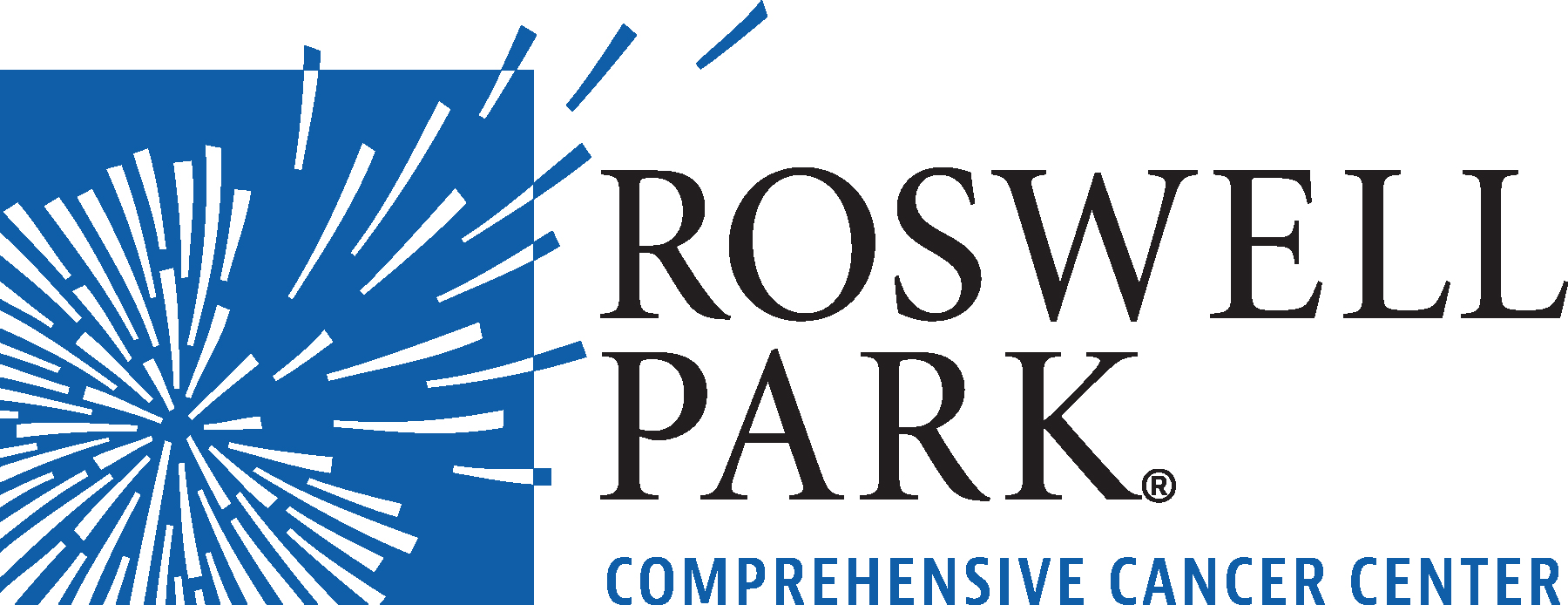A surprising number of variations exist in the way physicians diagnose and treat mammogram-detected breast cancer, according to a study published in the current issue of Cancer. Researchers from Roswell Park Cancer Institute (RPCI) and Independent Health examined claims data to determine if practice volume impacted breast cancer outcomes.
"Overall, we found that physicians who treated a large volume of women with breast cancer used breast conserving surgery (BCS) at a higher rate than physicians who treated fewer women," said Stephen B. Edge, MD, Chair of the Breast and Soft Tissue Surgery Program, Department of Surgery, RPCI. "However, the rate of positive biopsy was not correlated to the number of procedures performed. This suggests that the volume of practice is not a surrogate for quality in the diagnosis of breast cancer."
Insurance claims were used from Independent Health for the years 1995-96. All medical records used in this study were collected, blinded and reviewed by Independent Health to maintain confidentiality. A search of CPT codes* identified records from 2,796 patients who underwent a breast procedure. All medical claims for these patients were collected, if the procedure identified cancer, all pertinent reports were gathered to confirm the diagnosis. Of these patients, 955 patients underwent mammogram-directed biopsies such as excisional biopsy with needle localization (EBNL) or stereotactic core needle biopsy (SCNB). There were a total of 1,001 breast lesions initially biopsied by EBNL or SCNB among the 955 patients.
"The positive biopsy rate, defined as the proportion of mammogram-directed biopsies that proved malignant, was only 22.4%. Case volumes for surgeons, radiologists and medical centers did not correlate with positive biopsy rates for mammogram-detected breast lesions," continued Dr. Edge. "Overall, half of the breast cancer patients were treated by physicians performing a low volume of breast cancer related procedures."
"Variations in care lead to widely disparate outcomes, not only in breast cancer, but in a number of clinical conditions. Collaboration between physicians, hospitals and health plans to use encrypted, confidential claims data represents a significant step forward in identifying and ultimately eliminating variations in care that either add no value or are potentially harmful to patients," said Michael Cropp, MD, Executive Vice President and Chief Medical Officer for Independent Health.
Additional studies are underway to evaluate quality improvement programs based on community-wide practice analysis. It is anticipated that providers and centers can use this data to evaluate overall breast cancer management and referral practices in their community.
Cancer is a peer-reviewed publication of the American Cancer Society integrating scientific information from worldwide sources for all oncologic specialties. The objective of Cancer is to provide an interdisciplinary forum for the exchange of information among oncologic disciplines concerned with the etiology and course of human cancer.
Headquartered in Buffalo, Independent Health began operations in 1980 and has consistently been rated among the top HMOs in the country for member satisfaction. In addition to the original HMO, the health coverage company has expanded its managed care offerings to include a point-of-service and PPO products, plus coverage for self-funded employers, Medicare and Medicaid managed care plans. The company has a combined membership of 370,000. For more information, visit Independent Health's website at www.independenthealth.com.
Roswell Park Cancer Institute, founded in 1898, is the nation's first cancer research, treatment and education center and is the only National Cancer Institute-designated comprehensive cancer center in Western New York. For information, visit RPCI's website at http://www.roswellpark.org.
